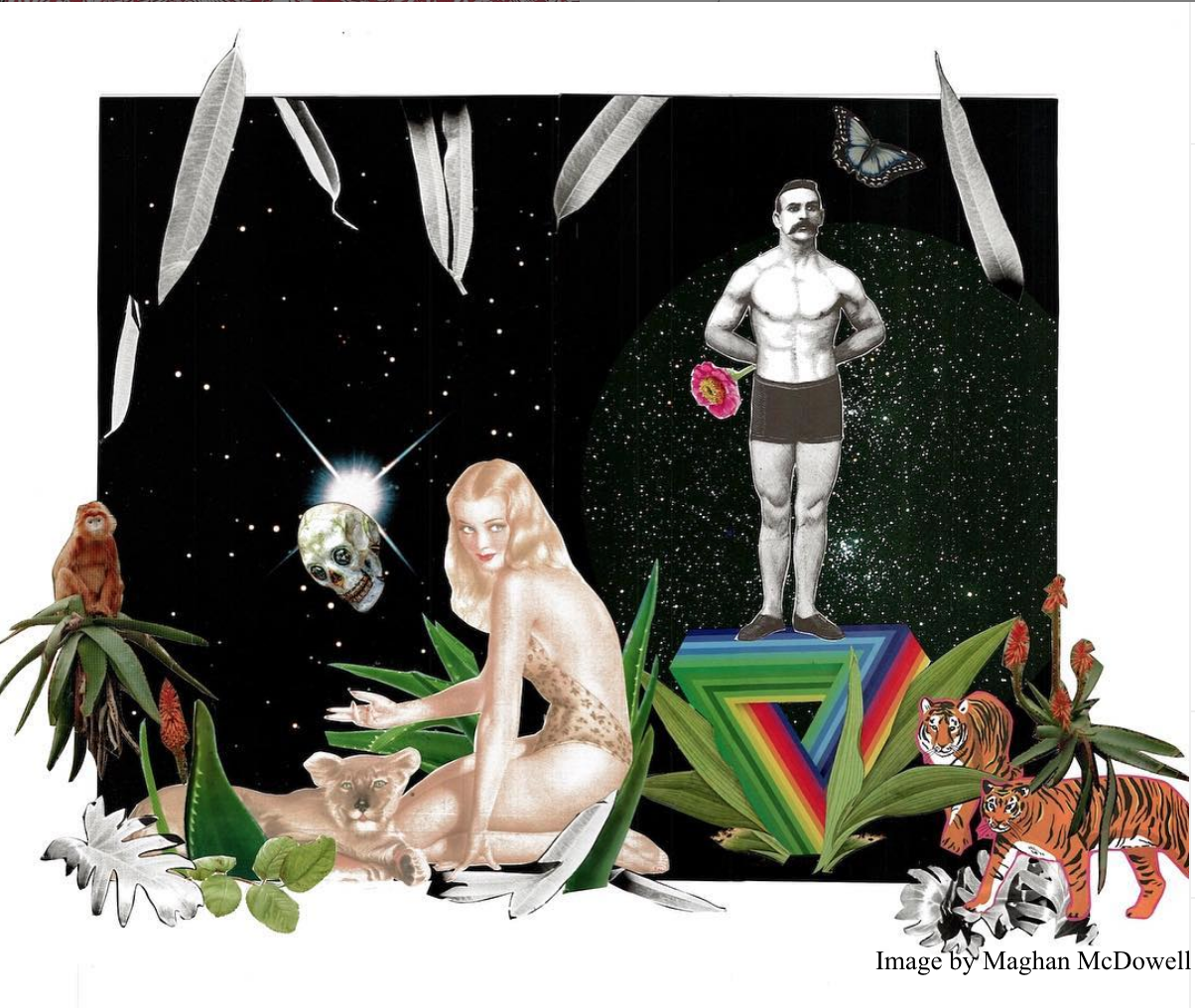Give Your Boring Sex Life a Boost: Part I
I recently took an online class offered by Yale, about the science of well-being. I learned a ton about happiness, our brains, and how we self-sabotage. Of course, I could not help but take everything I learned from the class and apply it to the subject of sex and relationships. A common complaint I hear from most clients is that they become bored with sex in long-term relationships, which can significantly impact an individual’s well-being. There are two main reasons we become bored with our sex-lives: hedonic adaptation and poor judgment. Resentment also plays a role in reducing our pleasure as it impacts our ability to connect with our partner(s), but resentment itself is not a catalyst for boredom, and truly merits a blog post of its own. I have a lot of information to share, so I have divided this post into two parts which I will publish separately – Hedonic Adaptation and Poor Judgment.
PART ONE: HEDONIC ADAPTATION
Hedonic adaptation is the process of becoming accustomed to a positive or negative stimulus such that the emotional effects of that stimulus are reduced over time. Basically, we can get used to anything and everything. Sex that is pleasurable, but routine, becomes less satisfying over time because it is predictable. What is frustrating about hedonic adaptation is that if we find something new that excites us, the more we do it, the less exciting it becomes. For some people this happens in days, others months, while it takes years for some to become immune to new(ish) stimulus. The biggest problem is that we don’t know we have hedonic adaptation. So, when joy, excitement, and/or pleasure dulls, we create the story that something is wrong in our relationship or the intimacy has gotten worse. Sometimes we even create the story that the sex has always been bad, or that we never really felt passion in our relationship.
How hedonic adaptation affects us varies from person to person. Luckily, we have some helpful stats: there is a genetic predisposition for happiness which makes up 50% of the equation, while life events make up 10% of well-being. Unfortunately, we have no control over the cards we are dealt. The final 40% of our possible happiness is determined by thoughts and actions. This is where we can make some changes.
SOLUTIONS & STRATEGIES:
Learn to savor. The act of stepping outside of an experience and appreciating it in the present moment creates more enjoyment. Talking about the experience with your partner afterwards solidifies the positive impact of your experience. If we cannot savor an experience, there is no way it can make us happy. Modern lovers tend to struggle to make time for intimacy, let alone the development of new and exciting experiences. We are so exhausted and distracted that we can barely stay present.
Build anticipation. Many of us gain motivation from having a special activity on the calendar. Whether it’s a vacation, a night out, or simply watching your favorite show; looking forward to a positive experience boosts happiness even before we have the fun. Plan a date with or for your partner(s), think about how good it will feel to connect with them during the date. Think about what it will feel like when things start to get sexy. Think about the kind of sex you want to have. All of this daydreaming will lead to more desire, and give you easier access to becoming aroused if sex is on the menu. A word of caution – once you are in the moment, try to let go of expectations and focus on what is happening. Being present is essential for experiencing pleasure. And nothing brings us out of the moment more than focusing on an expectation.
Celebrate and reminisce. Recalling good experiences long after the event boosts our present happiness and connects us to what we find pleasurable. Think back on your most pleasurable sexual or romantic experiences and discuss them with your partner(s). e.g. Remember that time we went skinny dipping? Remember the night of 7 orgasms? Remember when you let me put it in your butt? You get the idea.
Think negatively. Seriously, think about how things could be worse, or when they actually were worse. Most of us have had at least one lackluster sexual experience, or even a bad experience. Perhaps you have had periods of no desire, or high desire but no partners, or periods of awkwardness with a new partner? Negative visualization enables us to appreciate what is working well for us, which leads to more appreciation.
Increase gratitude. Shifting our attention to what we are grateful for is an excellent tool for relationship intervention. What do you appreciate about your partner(s) as a companion, caregiver, friend, lover? What do you currently enjoy about your sexual connection? What part(s) of sex are you enjoying? Discuss these things with your partner(s) before your next date or sexual experience. Better yet, plan a date in which you both share what you appreciate about each other and what you enjoy about your sexual connection. Focus on the positive to reinforce your connection to your own pleasure, while simultaneously giving your partner(s) positive feedback. Expressing gratitude and appreciation for what your partner does right for you is the best way to motivate them to continue giving you the good stuff.
Live. If today was your last, would you want to experience pleasure? Make every day your LAST day by prioritizing your pleasure, connecting with those you cherish, and by making time for sensuality.
LET ME LEAVE YOU WITH ONE FINAL THOUGHT: WOOP!
Wish/Goal: Visualize what you actually desire. If it’s sex, what does that look like for you?
Outcome: Imagine the most satisfying outcome (both physically and emotionally).
Obstacles: Ask yourself, “What might get in the way of my pleasure or desire?”
Plan: If x happens, I will do y to get back in the mood.
